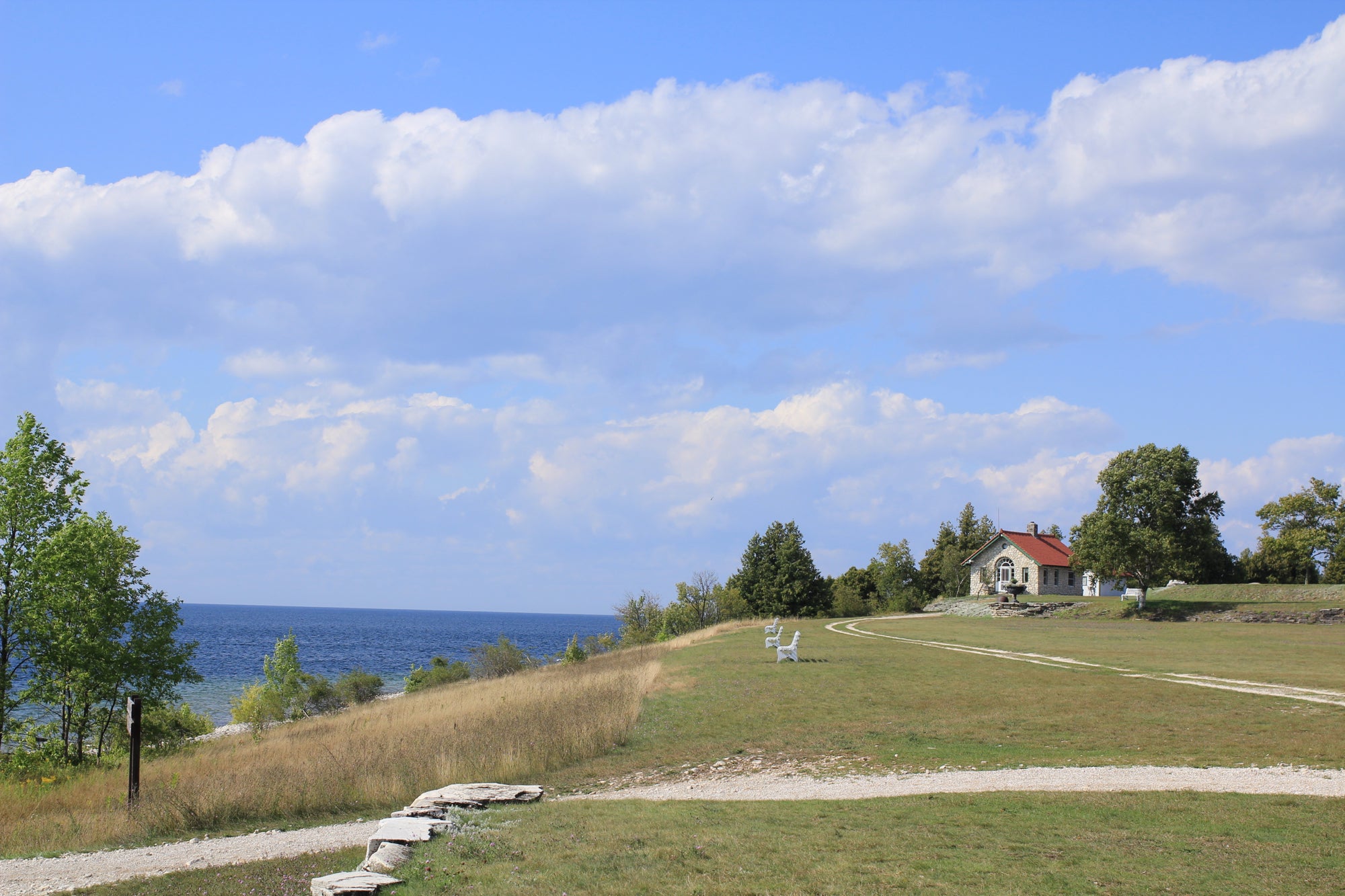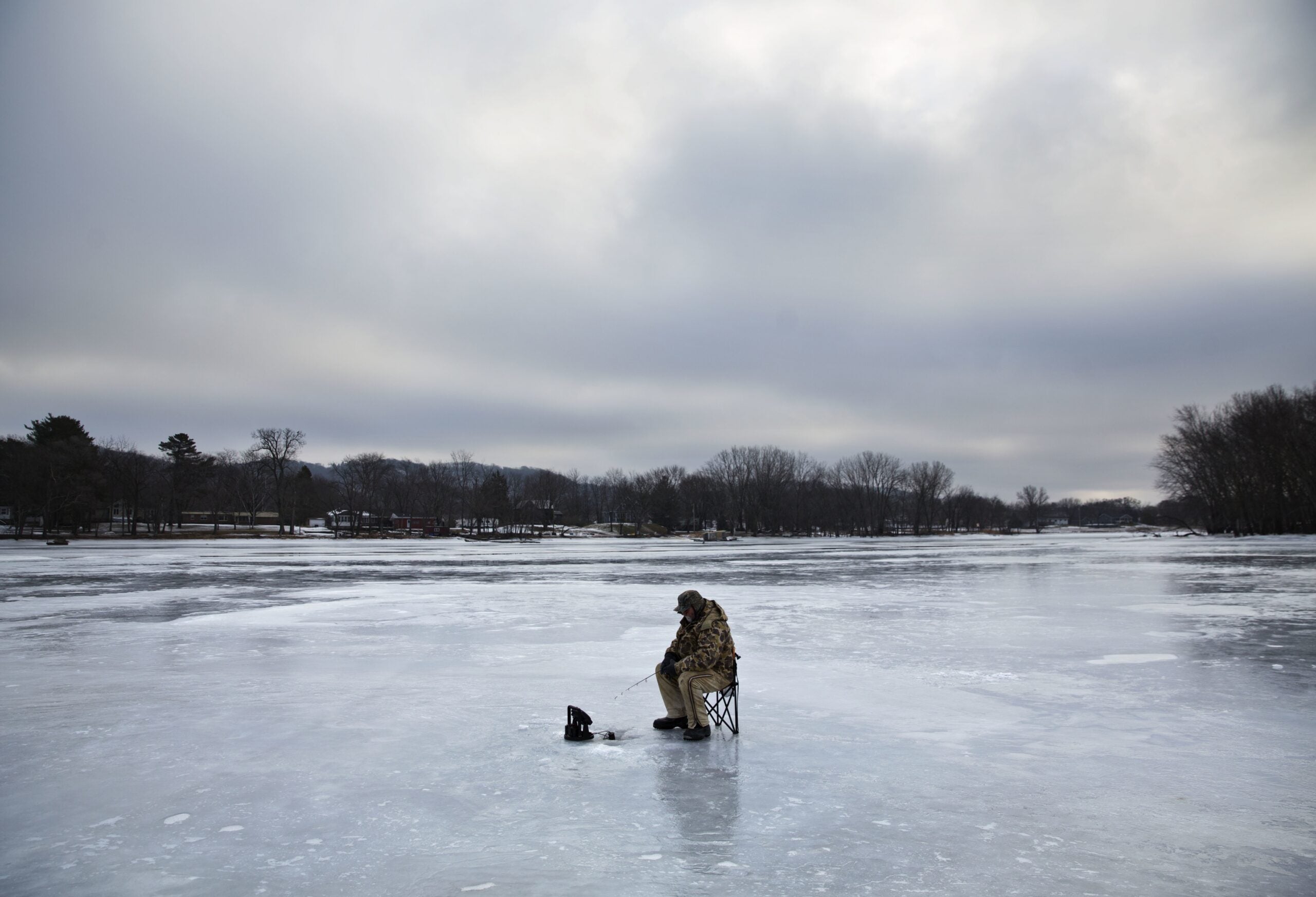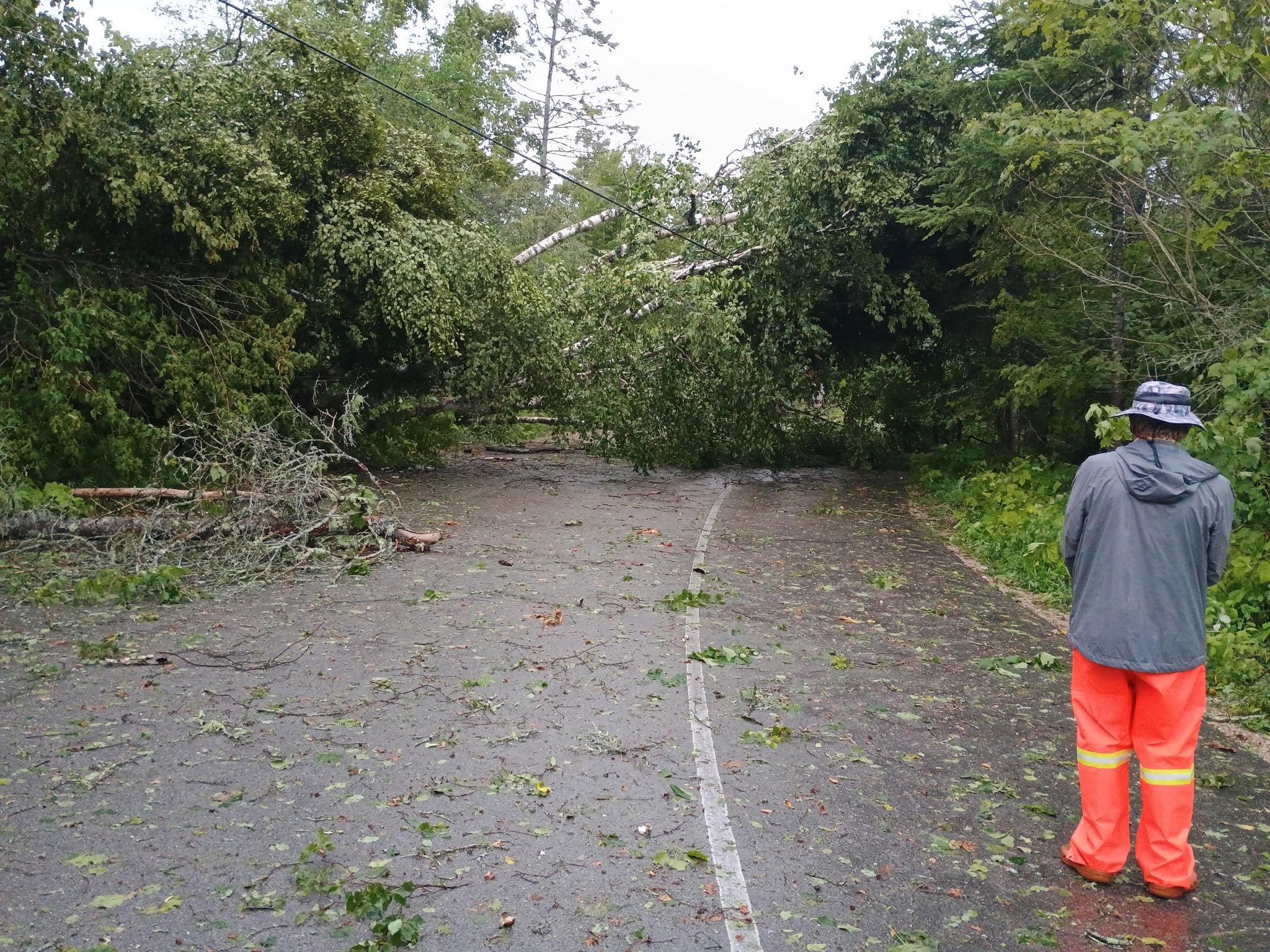Rock Island is a small, forested island at the tip of Door County. Rocky escarpments rise above Lake Michigan on its western side and sand dunes line its eastern shore.
Rock Island’s typical trickle of campers comes for its isolated, undeveloped landscape. But this fall, they’ve been forced out by a different group of visitors: swarms of mice overrunning the island.
“They were in the boat house. lighthouse. flush toilet and outhouses. green field. shelter building. everywhere,” a camper wrote in a Facebook group for visitors to Rock Island State Park.
News with a little more humanity
WPR’s “Wisconsin Today” newsletter keeps you connected to the state you love without feeling overwhelmed. No paywall. No agenda. No corporate filter.
Another camper wrote that mice chewed through their tents, foil-sealed medication, Rubbermaid bins and their child’s Crocs.
“We had two bucket traps going two weekends ago,” a third wrote. “Kill count well over 500. We left as changed men…”
Eric Hyde is the superintendent of three Door County state parks, including Rock Island. He said the mouse population began increasing four to six weeks ago.
“Two to three weeks ago, our seasonal employee up there let us know that it’s getting to a point where we had some of our first campers that came up there and were leaving after one night,” Hyde said.
The campground on Rock Island was originally set to close Oct. 14, but the closing date was pushed forward to Oct. 8.
“It just got even worse, so we just made the decision and precaution,” Hyde said. “There are some health challenges, but also just the general visitor experience. We want people to know Rock Island for the amazing place that it is and not just focus on this one unusual period of time.”
Factors in mouse boom may include snake reproductive cycle, mild winter
Hyde said Rock Island is home to many snakes, including large fox snakes, which would typically eat mice. But, unlike snakes, mice have several litters annually.
“It takes time for predators to catch up to their food supply, so mice are just more prolific breeders than snakes,” he said.
Door County also had an unusually warm winter in 2023-24.
“When you’ve got more mice surviving the winters, it’s just more of them. It gives them an opportunity to breed,” Hyde said.
He said he discussed this potential factor with the DNR’s ecology and wildlife staff.
“We’re hoping that we get to an average winter, and that helps knock down the population a little bit,” he said.
In the Facebook group, some longtime campers said these ecological booms were nothing new on Lake Michigan’s islands. One person recalled an “out of control” wave of chipmunks chewing on Rock Island picnic tables. Another remembered similar mouse problems on Michigan’s St. Martin Island 35 years ago and on Chambers Island 17 years later.
When the mouse boom turns to bust, visitors will again be able to enjoy the island’s history. Iceland-American inventor Chester Thordarson bought the landmass in 1910, leaving visitors a stately, rune-decorated boathouse. An Indigenous archeological site on the island got National Historic Landmark designation last year. And it’s home to Wisconsin’s oldest lighthouse.
Rock Island remains open to day trippers through Monday. After that, the ferry from Jackson Harbor on Washington Island stops running for the winter.
Wisconsin Public Radio, © Copyright 2025, Board of Regents of the University of Wisconsin System and Wisconsin Educational Communications Board.







